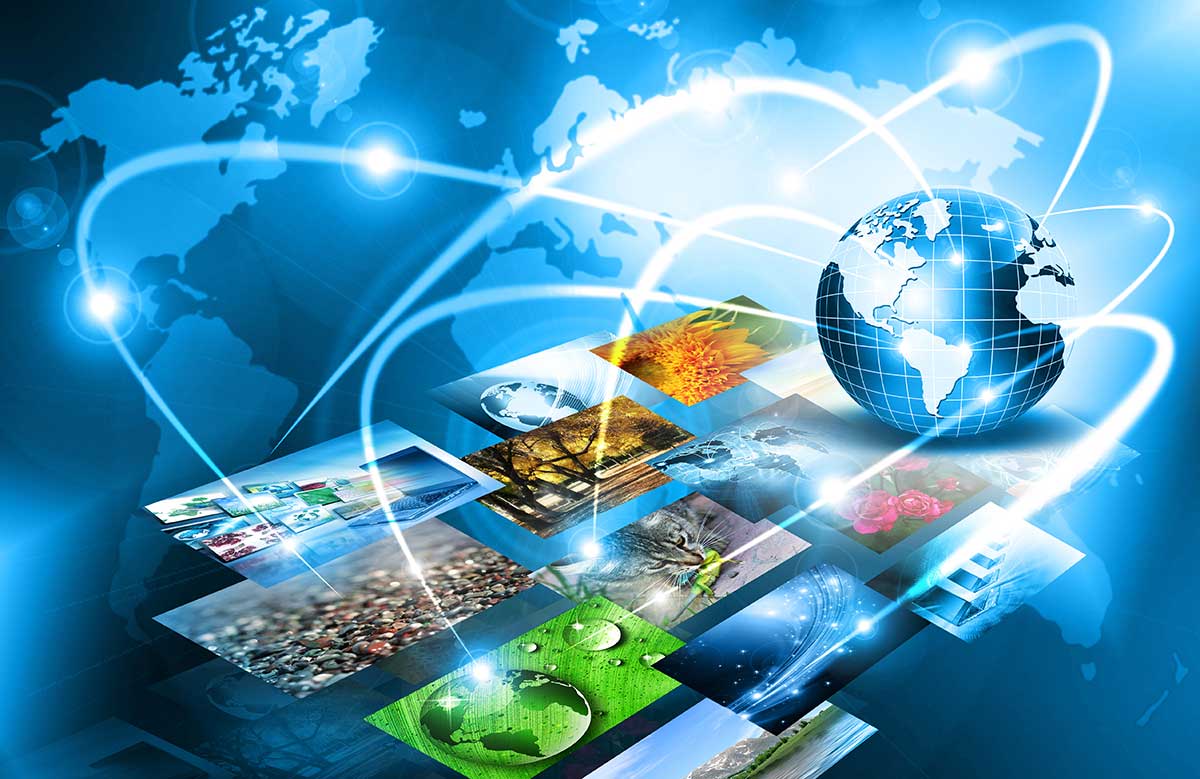As we head toward the third decade of this century, I cannot help but wonder at the duality of the situation our societies face today.
As Charles Dickens observed about life during the French Revolution in A Tale of Two Cities it was the best and the worst of times.
We are in the midst of an on-going technology revolution that has yielded game-changing innovations like AI, IoT and blockchain. The omnipresence of technology and advanced digital interconnectivity is shrinking physical, geographical and even virtual boundaries.
At the other end of the spectrum, the World Health Organisation (WHO) says 15 percent of the world’s population doesn’t have access to sanitation facilities; climate change is worsening; entire species of animals are disappearing at an alarming rate; children around the world are trapped by their literacy limitations and women still struggle with societal obstacles.
What have we come to? And more importantly, what can we do, both collectively and individually, to diminish the magnitude of these issues?
A lasting impact can be achieved when we leverage our networked world’s abilities to create sustainable value”
Breaking the barriers
The crux of these issues is that they are all about the human condition, and thus intrinsically interconnected. The impact in one is bound to have a domino effect on the rest.
A remark by Ban Ki-moon, UN secretary-general from 2007 to 2016, at the 66th General Assembly, captured the essence of the adage “one world, one family”.
He said: “Saving our planet, lifting people out of poverty, advancing economic growth… these are one and the same fight. We must connect the dots between climate change, water scarcity, energy shortages, global health, food security and women’s empowerment. Solutions to one problem must be solutions for all.”
A lasting impact can be achieved when we leverage our networked world’s abilities to create sustainable value. The onus shouldn’t just lie with social changemakers but also with organisations that wield power and influence, and can therefore effect change in the world.

Some of our greatest minds are making early in-roads into frontiers of the world’s most significant problems, but many more need to explore the opportunities, and not just with technology but also through innovation. Take the case of a geoengineering idea that would see the creation of artificial volcanos that spew sulphate particles into the atmosphere to cool down the Earth; or sensors, which can listen to crops and dose them with the precise required nutrients; or a processor that can turn sludge into pure drinking water.
These ideas, although a few years away from implementation, are nothing short of radical. They are disruptive and progressive. Innovation is the tool that can transform isolated efforts from being a mere drop in the ocean to a widespread and impactful movement that can change the world.
Why we must never give up
To be sure, there are reasons for great optimism as well. In the last 30 years, we have almost halved world poverty, seen dramatic advances in life expectancy, child mortality and healthcare provision, among other vital areas.
A case in point, is a great book on the global human condition, popularised recently by Bill Gates.
He was influenced deeply by the recently published Factfulness: Ten Reasons We’re Wrong About the World – and Why Things Are Better Than You Think, written by his late friend Hans Rosling, a Swedish statistician and global health expert.

Gates talks about how Rosling gathered together evidence that demonstrates how the world is making remarkable progress [see box above], and it is important for people to perceive those improvements. Training yourself to put the news into perspective – practising “factfulness” – will change your outlook for the better. This is a great concept, and one which I practice.
In the context of the progress we have made with regards to, for example, poverty or healthcare, a point to consider is that most of these gains predate the integration of digital technologies. Which makes me wonder at the potential for cataclysmic change brought on by digital platforms. Harnessed together, an innovative mindset and powerful technology could dramatically improve the human condition.
Technology is already effectuating developments at a pace not previously available in the digitally disconnected world.
Smart technology is already breaking down the walls of classrooms and opening up new opportunities for students and teachers alike. Smart city innovation and IoT is helping construction companies create more efficient buildings and streets. Farmers and agricultural companies are using new technologies to enhance the efficiency and productivity of their work.
Charles Kettering, one of America’s greatest inventors, once said, “There will always be a frontier where there is an open mind and a willing hand”. Today, that frontier is made up of pockets in the world that are weighed down by the most significant social problems. I truly believe that now, more than ever before, we need open minds and willing hands that harness innovation and technology, to serve as catalysts for lasting change.





 Sameer Areff, chief operating officer, SAP Middle East South
Sameer Areff, chief operating officer, SAP Middle East South
